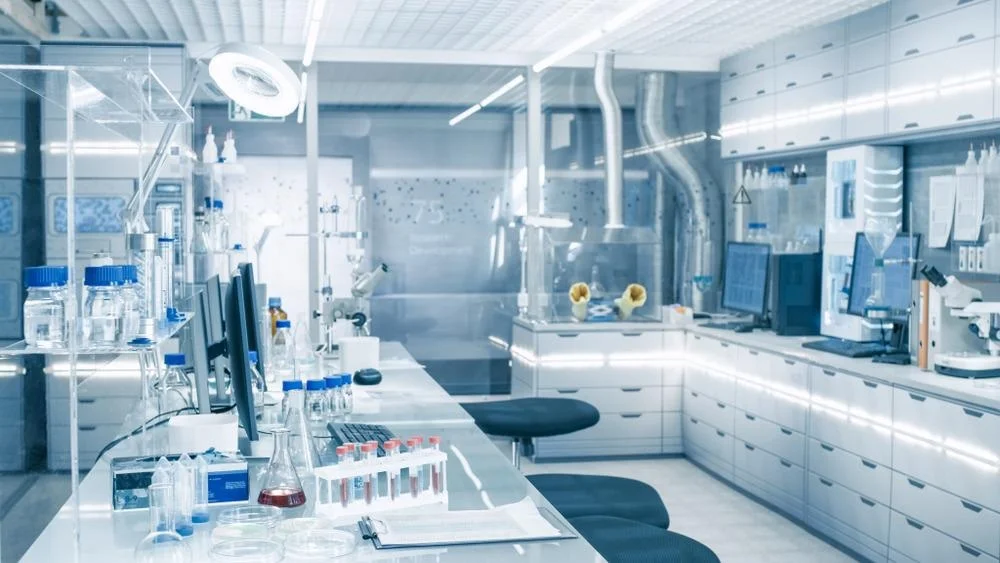Rubber Product Organic Additive Profiling
Organic additives are essential components in the formulation of rubber products. They enhance performance by providing properties such as flexibility, durability, resistance to heat and chemicals, and improved processing characteristics. Rubber product organic additive profiling involves a detailed analysis of these additives within a composite rubber matrix. This service ensures that the correct additives are used in optimal proportions to meet specific performance requirements.
The process begins with the collection and preparation of rubber samples from various stages of production or final products. These samples undergo thorough characterization using advanced analytical techniques, including Fourier Transform Infrared Spectroscopy (FTIR), Gas Chromatography-Mass Spectrometry (GC-MS), and Nuclear Magnetic Resonance (NMR). Each technique provides unique insights into the molecular composition and structure of the additives.
FTIR is particularly useful for identifying functional groups present in organic compounds, which can indicate their chemical nature. GC-MS helps pinpoint the exact identities and concentrations of individual components within the mixture. NMR complements these analyses by offering detailed structural information about complex molecules, aiding in the precise identification of additives.
The results from these analyses are then compiled into a comprehensive report that details the presence, quantity, and distribution of organic additives across different layers or regions of the rubber matrix. This profiling is crucial for quality control and compliance with industry standards such as ISO 9001:2015 and ASTM D4783.
Understanding these additives not only helps in optimizing product performance but also ensures that regulatory requirements are met, particularly regarding environmental impact and health safety. By providing detailed profiles of organic additives, this service aids in the development of safer, more efficient rubber products tailored to specific applications like automotive tires, conveyor belts, and medical devices.
Benefits
The benefits of rubber product organic additive profiling are multifaceted and extend across various aspects of manufacturing and quality assurance. First and foremost, this service enhances the reliability and consistency of rubber products by ensuring that the correct additives are used in optimal quantities. This leads to improved durability, reduced waste, and lower production costs.
Secondly, it supports compliance with international standards such as ISO 9001:2015 and ASTM D4783, which are essential for maintaining a reputable brand image and ensuring product safety. Compliance also facilitates easier market entry into regions with stringent regulations.
The detailed profiling aids in the development of innovative rubber products that can meet specific performance criteria. For instance, tires designed to last longer under extreme conditions or conveyor belts that can withstand harsh environments without degradation. This not only improves customer satisfaction but also enhances brand loyalty and trust.
Moreover, this service helps in identifying potential issues early on in the production process, allowing for corrective actions to be taken promptly. This proactive approach minimizes downtime, reduces rework costs, and ensures that products meet or exceed quality expectations consistently.
In summary, rubber product organic additive profiling is a vital tool in modern manufacturing processes. It contributes to enhanced product performance, compliance with global standards, innovation, and cost-effectiveness, making it an indispensable part of any quality management strategy.
Industry Applications
The application of rubber product organic additive profiling spans across numerous industries where rubber products play a critical role. In the automotive industry, this service is used to develop tires that offer superior grip and fuel efficiency while maintaining durability under various weather conditions. The detailed profiles help in optimizing tire compounds to meet stringent performance requirements.
In construction, rubber additives are crucial for creating resilient conveyor belts capable of withstanding heavy loads and harsh environmental conditions. Profiling these additives ensures that the belts can operate efficiently over extended periods without significant wear or tear.
The medical industry benefits from this service through the development of safe and effective rubber-based medical devices such as catheters, gloves, and other protective gear. Ensuring the correct use of organic additives is vital for maintaining patient safety and product efficacy.
Additionally, the footwear sector utilizes rubber product organic additive profiling to create soles that offer enhanced traction and comfort while being environmentally friendly. This service helps in balancing performance with sustainability, aligning with growing consumer demand for eco-friendly products.
These applications demonstrate how rubber product organic additive profiling contributes significantly to meeting industry-specific needs, ensuring high-quality products that meet regulatory standards and customer expectations across diverse sectors.
Why Choose This Test
Selecting the right rubber product organic additive profiling service is crucial for achieving reliable and consistent results. Our laboratory offers state-of-the-art facilities equipped with the latest analytical instrumentation, ensuring accurate identification and quantification of organic additives in rubber products.
The expertise of our team of chemists and engineers guarantees that every test is conducted according to international standards such as ISO 9001:2015 and ASTM D4783. This ensures that the results are not only precise but also compliant with global regulatory requirements.
We understand the importance of timely delivery in meeting production deadlines, which is why we offer rapid turnaround times without compromising on quality. Our commitment to excellence extends beyond just delivering accurate reports; it includes providing actionable insights based on our findings.
Our service stands out due to its comprehensive approach, covering all aspects of organic additive profiling from sample preparation through final reporting. This holistic perspective ensures that every detail is considered when evaluating the performance and composition of rubber products.
In conclusion, choosing this test means leveraging advanced technology and experienced professionals who are dedicated to delivering accurate, reliable results tailored specifically for your unique needs in the rubber product industry.





